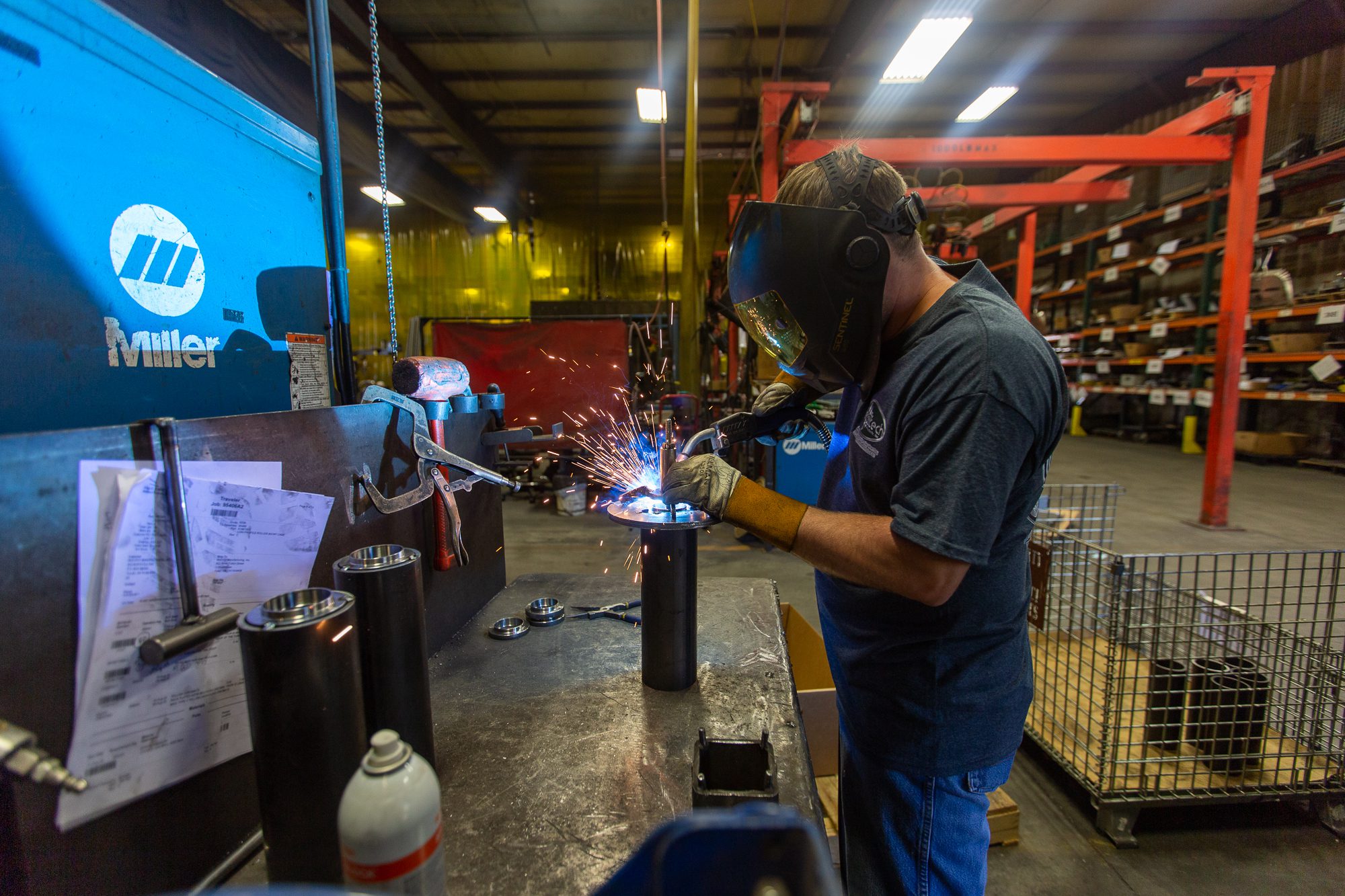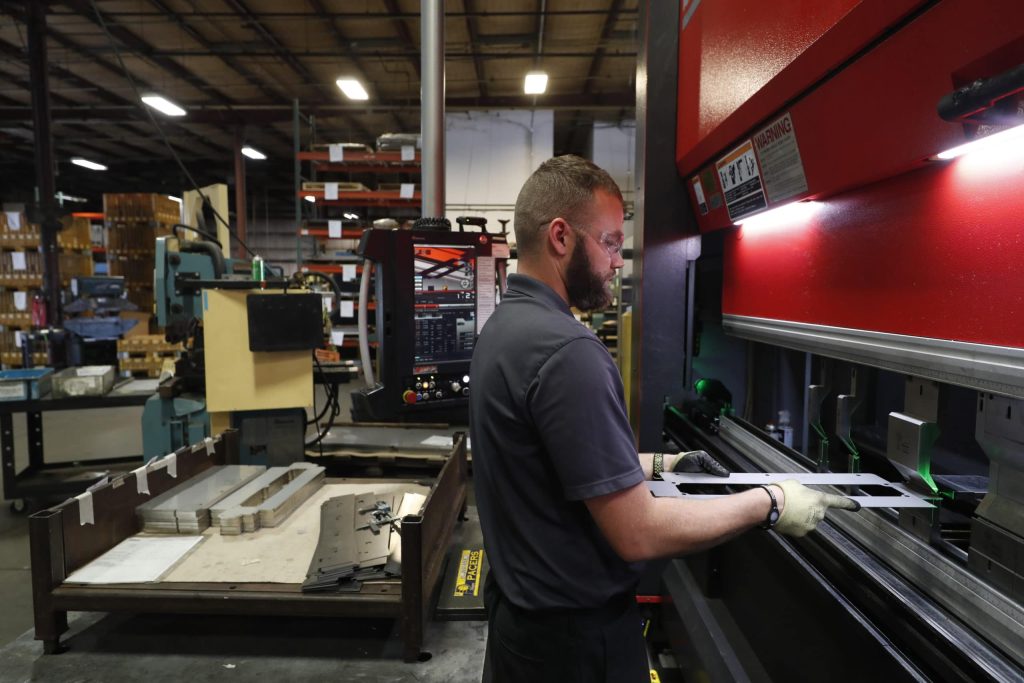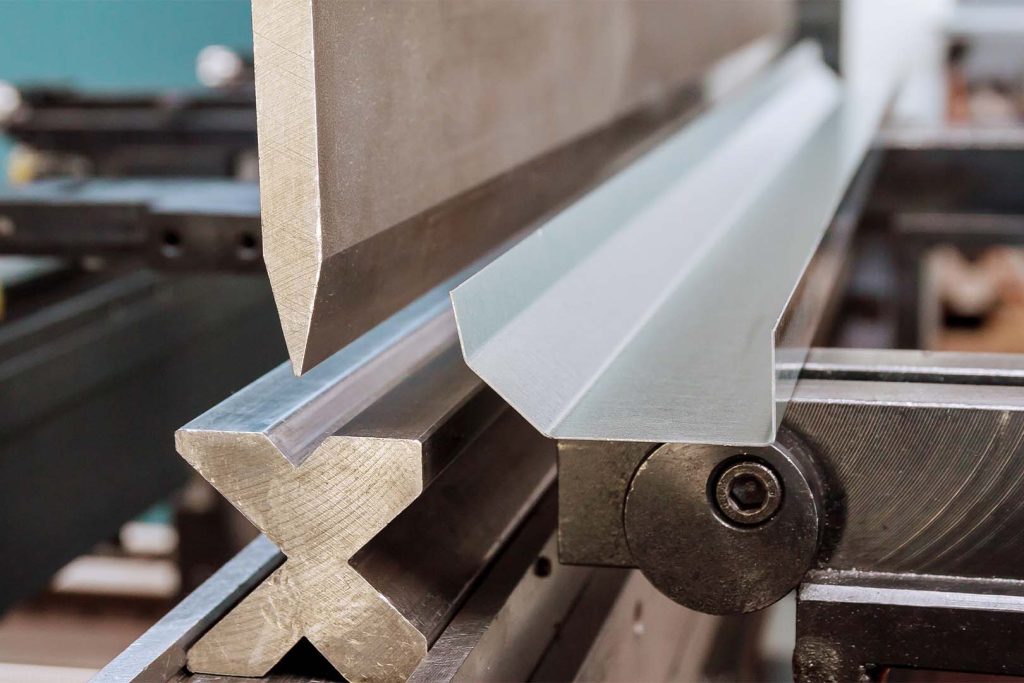Table of Contents
Metal fabrication is a process of creating metal structures by cutting, bending, and assembling metal sheets. It is an essential component of the manufacturing industry, and it has been around for centuries. Many people wonder if metal fabrication is a good career path to pursue. The answer, of course, depends on various factors. In this article, we will explore the pros and cons of metal fabrication as a career, and hopefully, help you make an informed decision.
Metal fabrication is an excellent career choice for those who enjoy working with their hands and have a passion for creating practical, functional items. It offers a diverse range of job opportunities in manufacturing, construction, and engineering industries, with competitive salaries and opportunities for growth. With the increasing demand for skilled metal fabricators, this career path provides stability and job security. Pursuing a career in metal fabrication can lead to a fulfilling and rewarding career.
Is Metal Fabrication a Good Career?
Metal fabrication is a career that involves designing, cutting, shaping, and assembling metal to create various products. It is a career that has been around for centuries and has evolved with the advancement of technology. If you are considering a career in metal fabrication, you may be wondering if it is a good career choice. In this article, we will explore the pros and cons of becoming a metal fabricator and give you the information you need to make an informed decision.
Pros of Metal Fabrication
Metal fabrication is a skilled trade that offers many advantages for those who pursue it. Here are some of the benefits of becoming a metal fabricator.
1. Job Security
Metal fabrication is a trade that is always in demand. As long as there is a need for metal products, there will be a need for metal fabricators. This means that you can enjoy job security and stability throughout your career.
2. Good Pay
Metal fabricators are skilled tradespeople who are in high demand. This means that they can command a good salary. According to the Bureau of Labor Statistics, the median annual wage for metal fabricators is $41,240.
3. Creative Outlet
Metal fabrication is a career that allows you to use your creativity and problem-solving skills. You get to work with your hands and take pride in creating something from scratch.
4. Diverse Job Opportunities
Metal fabrication is a broad field that offers many job opportunities. You can work in industries such as construction, manufacturing, and aerospace, to name a few.
Cons of Metal Fabrication
While there are many pros to becoming a metal fabricator, there are also some cons to consider. Here are some of the drawbacks of this career.
1. Physical Demands
Metal fabrication is a physically demanding job. You will be on your feet for long periods, and you will need to be able to lift heavy objects.
2. Dangerous Working Conditions
Metal fabrication can be dangerous work. You will be working with heavy machinery and sharp tools, which can pose a risk of injury if not used properly.
3. Limited Growth Opportunities
Metal fabrication is a skilled trade, but it may not offer as many growth opportunities as other careers. You may need to learn additional skills or take on new roles to advance in your career.
4. Limited Flexibility
Metal fabrication is a job that requires you to work in a specific location. This may limit your flexibility and ability to work remotely.
Conclusion
In conclusion, metal fabrication is a good career choice for those who enjoy working with their hands and using their creativity. It offers job security, good pay, and diverse job opportunities. However, it is important to consider the physical demands and potential risks associated with this career. If you are interested in pursuing a career in metal fabrication, be sure to research the training and education requirements in your area to get started.
Frequently Asked Questions
Metal fabrication is a profession that involves cutting, shaping, and assembling metal to create various products. If you are considering a career in metal fabrication, here are some commonly asked questions and answers to help you make an informed decision.
1. What are the job prospects for metal fabricators?
Metal fabrication is a growing industry, and there is a high demand for skilled metal fabricators. The Bureau of Labor Statistics predicts that employment in metal fabrication will grow by 3% from 2019 to 2029. Additionally, as older workers retire, there will be a need to fill their positions, creating more job opportunities.
However, the job market can vary depending on location and industry. For example, metal fabricators in the construction industry may experience fluctuations in demand depending on the state of the economy.
2. What skills are needed to become a metal fabricator?
To become a successful metal fabricator, you will need to have strong technical skills, including the ability to read blueprints and use various tools and equipment. You will also need to be physically fit and have good hand-eye coordination.
In addition to technical skills, metal fabricators need to be detail-oriented and have problem-solving skills. They must be able to identify issues and find solutions quickly to ensure the quality of the finished product.
3. What are the working conditions like for metal fabricators?
Working conditions for metal fabricators can vary depending on the employer and industry. Some metal fabricators work in factories or production facilities, while others may work outdoors on construction sites.
Metal fabrication can be a physically demanding job, requiring standing for long periods and lifting heavy materials. The work environment can also be loud and require the use of safety equipment such as goggles and earplugs.
4. What is the earning potential for metal fabricators?
The earning potential for metal fabricators can vary depending on their experience, location, and industry. According to the Bureau of Labor Statistics, the median annual wage for metal fabricators was $41,240 in May 2020.
However, experienced metal fabricators with specialized skills can earn significantly more. Those who are self-employed or work in high-demand industries may also command higher salaries.
5. What are the opportunities for advancement in metal fabrication?
There are several opportunities for advancement in metal fabrication. With experience, metal fabricators can move into supervisory or management roles, where they oversee the work of other fabricators.
Additionally, metal fabricators can specialize in a particular area of metal fabrication, such as welding or CNC programming. Specialization can lead to higher-paying jobs and more job security. Continuing education and certifications can also help metal fabricators advance in their careers.
In conclusion, metal fabrication can be a fulfilling and rewarding career for those who enjoy working with their hands and have a passion for creating. With advancements in technology and increased demand for customized products, the need for skilled metal fabricators continues to grow.
Not only does metal fabrication offer job security and a steady income, but it also allows for creativity and the opportunity to work on a variety of projects. From building custom metal structures to repairing equipment, metal fabrication offers a diverse range of tasks that keep the job interesting and challenging.
Overall, if you have an interest in metalworking and enjoy problem-solving, metal fabrication could be the right career path for you. With the potential for growth and a sense of accomplishment in creating something tangible, pursuing a career in metal fabrication can lead to a fulfilling and enjoyable profession.
Request a quote today!
[contact-form-7 id="1578" title="Contact form"]
Please compress the file into a ZIP or RAR file before uploading. Alternatively, send through your RFQ by email.
enquires@unitymanufacture.com




